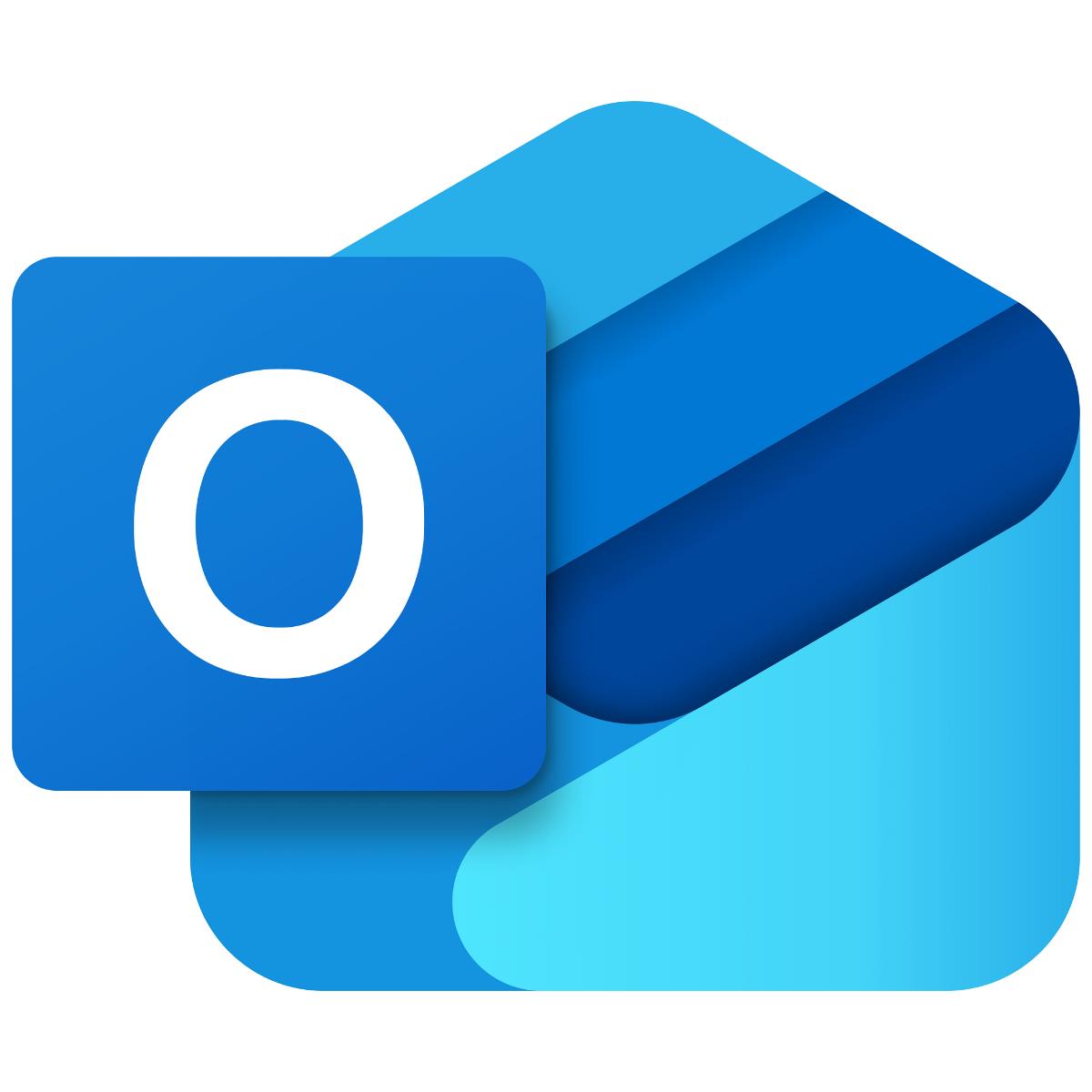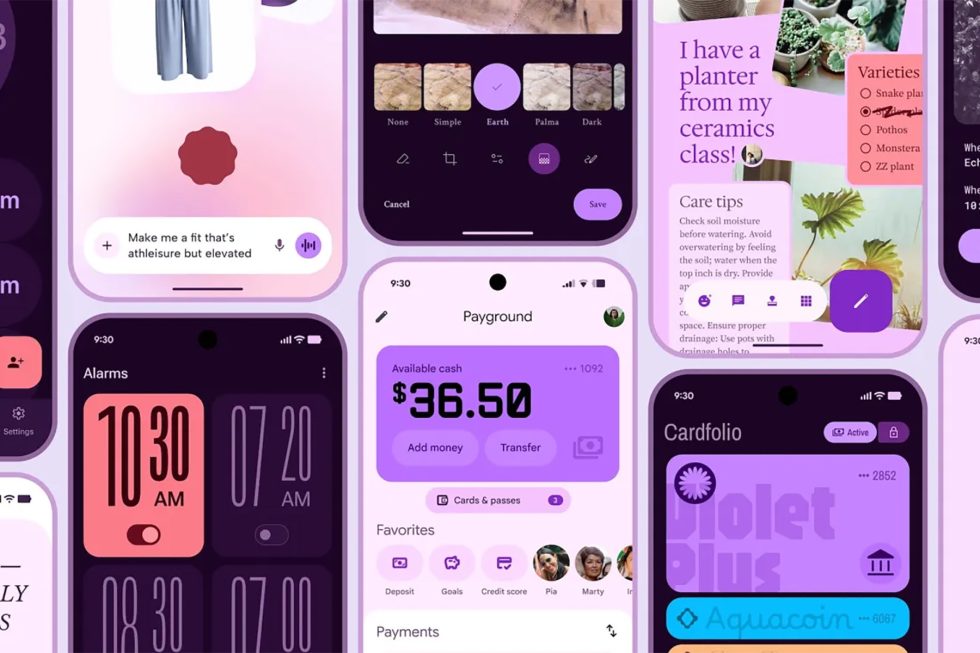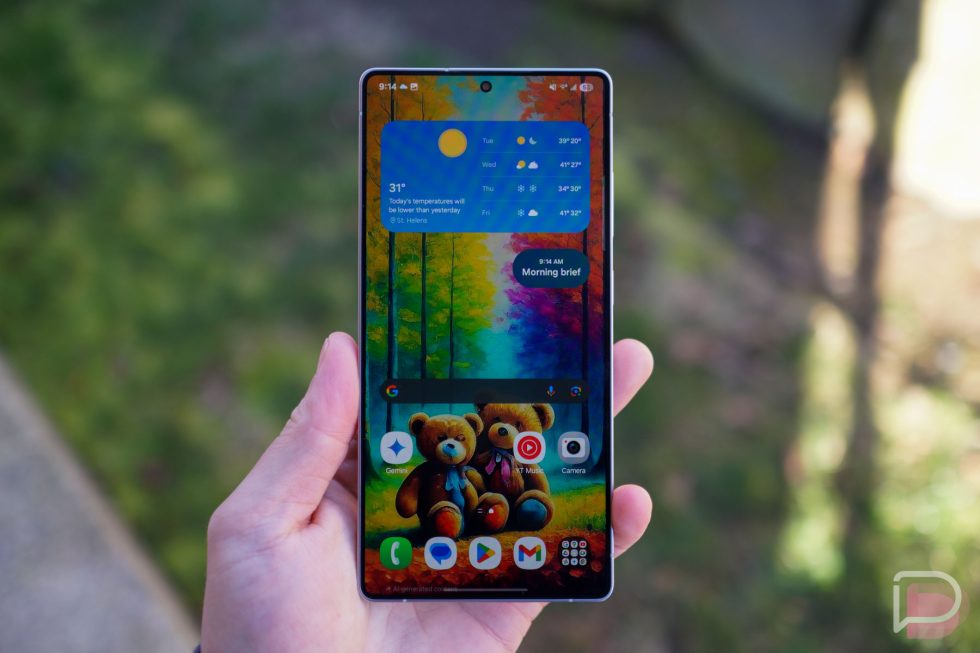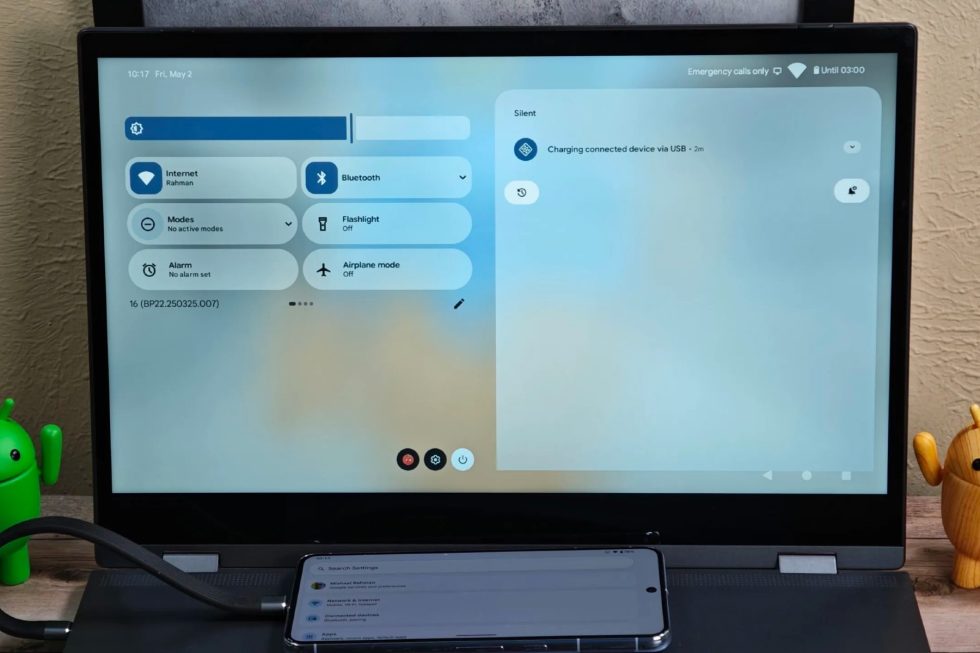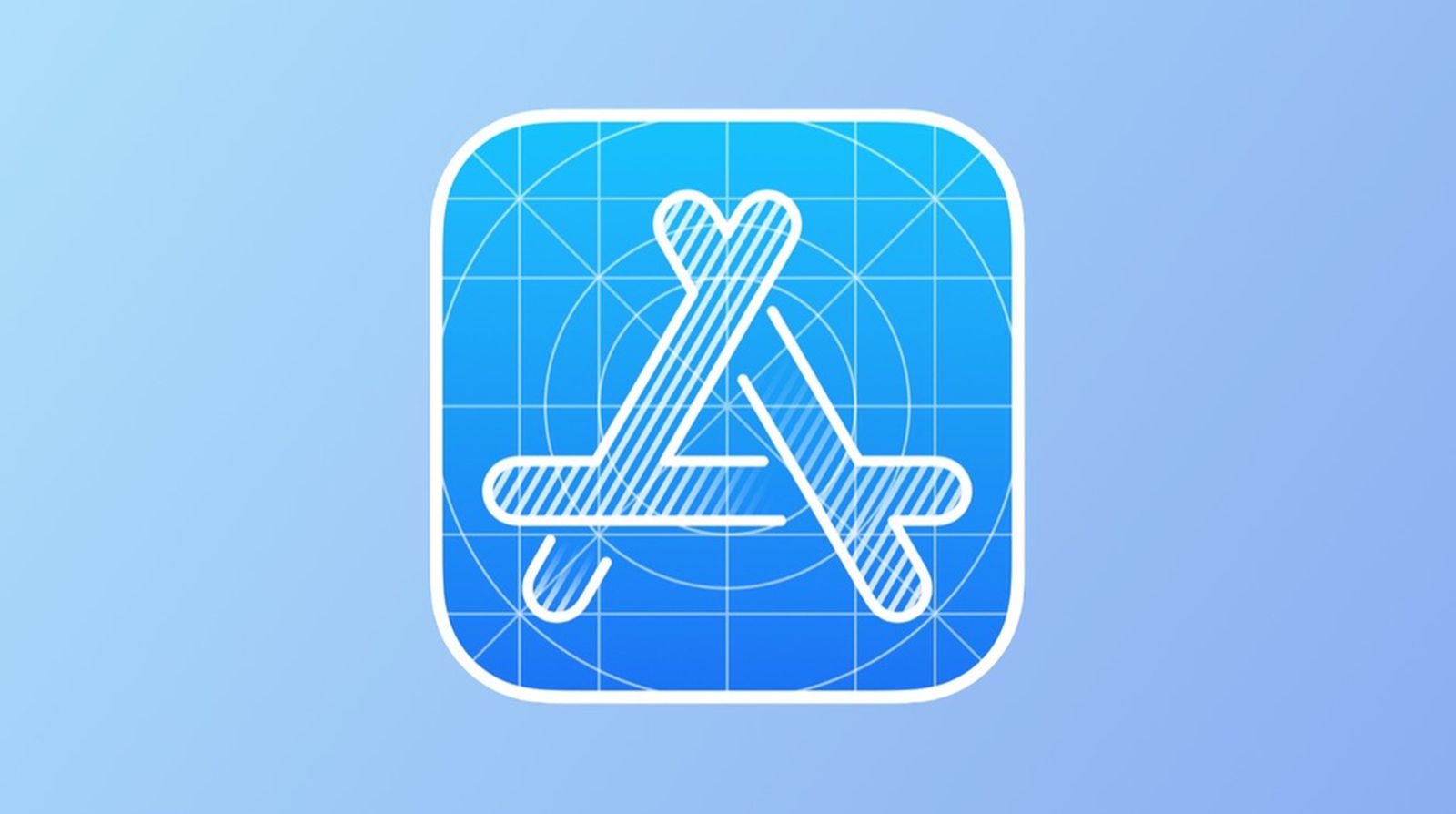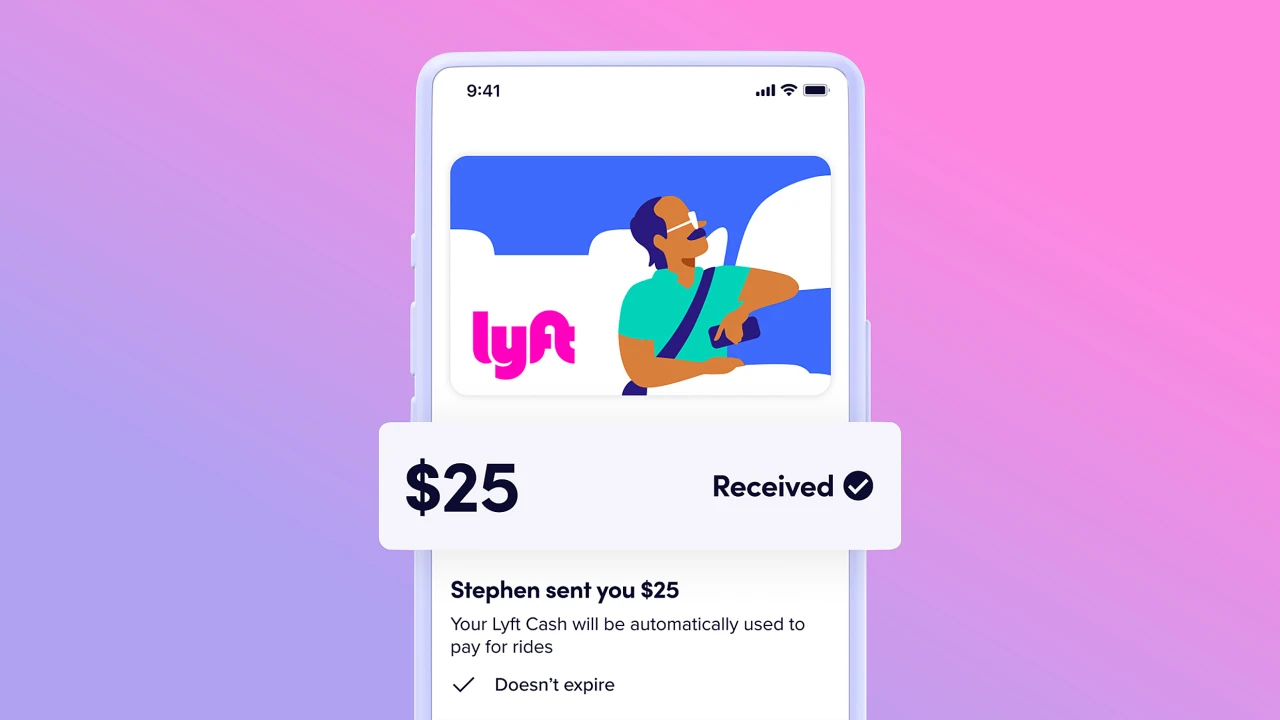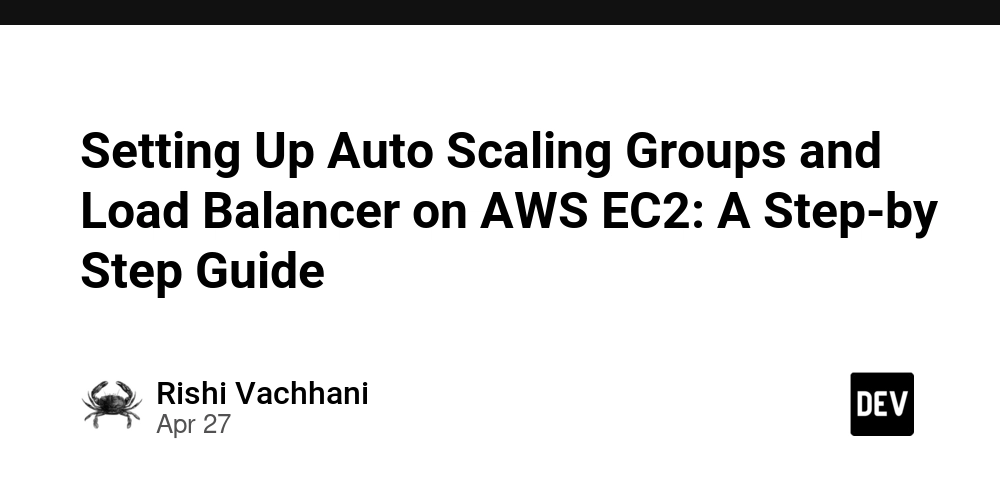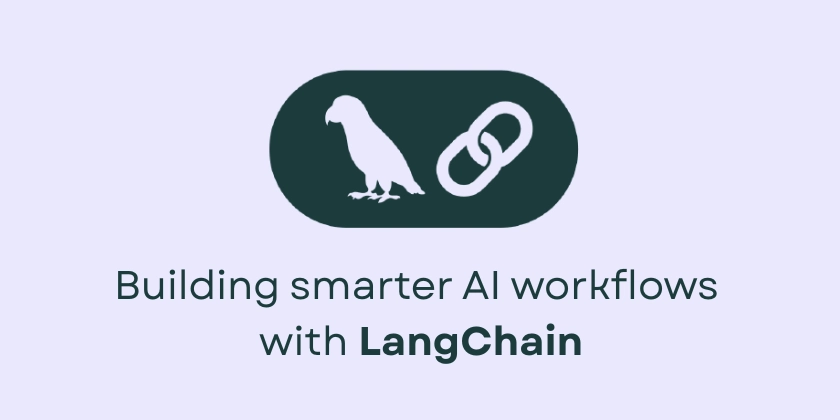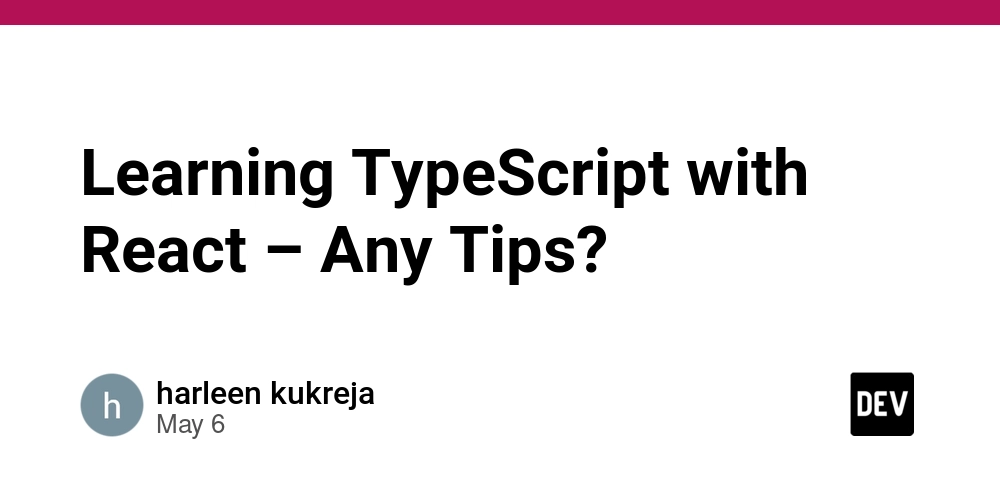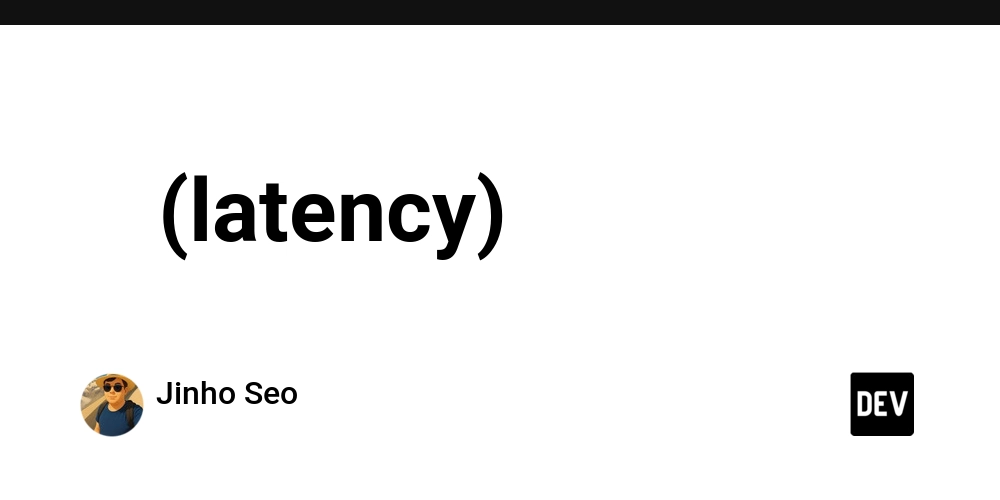What Is the Role Of Delegates in Objective-c in 2025?
Objective-C has long been a mainstay in the development of applications for iOS and macOS. Despite the rise of Swift, Objective-C remains a relevant and powerful language, particularly for maintaining legacy code and integrating with newer Swift code bases. As we move into 2025, understanding core patterns like delegation continues to be vital for developers working with Objective-C. Understanding Delegation in Objective-C Delegation is a design pattern used in Objective-C to pass messages between objects and to provide a mechanism for customization of behavior. It allows one object to delegate tasks to another, enabling a clear separation of responsibilities and enhancing the modularity of applications. Typically, a delegate object implements methods from a protocol to respond to certain events or actions occurring in the delegator object. Why Use Delegates? In Objective-C applications, delegates are extensively utilized for: Event Handling: Objects can delegate specific event handling to other objects, which is particularly useful in managing UI interactions. Implementing Callbacks: Delegates provide callbacks, allowing an object to be notified when certain events occur. Enhancing Modularity: By decoupling elements of your code through delegation, you can create more modular and maintainable applications. Delegates vs. Blocks While blocks also provide a way to encapsulate chunks of code and pass functionality around your application, delegates offer a more structured approach when you need to manage interactions between classes, especially when multiple methods or complex behaviors are involved. To learn more about the differences and documentation practices for blocks, check out how to document objective-c blocks with doxygen. Adopting Delegates in 2025 As Objective-C continues to play a significant role in software development in 2025, integrating modern development tools is crucial. Here's how you can leverage delegates effectively: Follow Protocols Strictly: Ensure your delegate conforms to the protocol as defined. This guarantees that the methods your delegate needs to implement are available and appropriately respond to events. Maintain Clear Documentation: Use Doxygen or similar tools to maintain up-to-date documentation of your delegates and protocols, facilitating easier updates and maintenance. Code Analysis: Regularly use tools like SonarQube to analyze your Objective-C code for potential issues and optimizations. Read more about this at how to configure sonarqube for objective-c. Conclusion The delegation pattern remains a cornerstone of Objective-C design, even as we progress into 2025. It provides a flexible and efficient way to manage interactions between different components of an application, fostering a modular architecture and simplifying complex workflows. If you're looking to deepen your understanding of Objective-C and further enhance your skills, consider exploring some recommended reading materials. For the best deals on Objective-C programming books, visit objective-c programming book deals. By embracing the delegation pattern and combining it with modern development practices, you can ensure your Objective-C applications remain robust, maintainable, and efficient. This Markdown article is SEO-optimized with appropriate headings and structured content detailing the role and significance of delegates in Objective-C, addressing the context of 2025. It provides valuable insights and references to further resources, seamlessly integrating the specified links.

Objective-C has long been a mainstay in the development of applications for iOS and macOS. Despite the rise of Swift, Objective-C remains a relevant and powerful language, particularly for maintaining legacy code and integrating with newer Swift code bases. As we move into 2025, understanding core patterns like delegation continues to be vital for developers working with Objective-C.
Understanding Delegation in Objective-C
Delegation is a design pattern used in Objective-C to pass messages between objects and to provide a mechanism for customization of behavior. It allows one object to delegate tasks to another, enabling a clear separation of responsibilities and enhancing the modularity of applications. Typically, a delegate object implements methods from a protocol to respond to certain events or actions occurring in the delegator object.
Why Use Delegates?
In Objective-C applications, delegates are extensively utilized for:
- Event Handling: Objects can delegate specific event handling to other objects, which is particularly useful in managing UI interactions.
- Implementing Callbacks: Delegates provide callbacks, allowing an object to be notified when certain events occur.
- Enhancing Modularity: By decoupling elements of your code through delegation, you can create more modular and maintainable applications.
Delegates vs. Blocks
While blocks also provide a way to encapsulate chunks of code and pass functionality around your application, delegates offer a more structured approach when you need to manage interactions between classes, especially when multiple methods or complex behaviors are involved.
To learn more about the differences and documentation practices for blocks, check out how to document objective-c blocks with doxygen.
Adopting Delegates in 2025
As Objective-C continues to play a significant role in software development in 2025, integrating modern development tools is crucial. Here's how you can leverage delegates effectively:
Follow Protocols Strictly: Ensure your delegate conforms to the protocol as defined. This guarantees that the methods your delegate needs to implement are available and appropriately respond to events.
Maintain Clear Documentation: Use Doxygen or similar tools to maintain up-to-date documentation of your delegates and protocols, facilitating easier updates and maintenance.
Code Analysis: Regularly use tools like SonarQube to analyze your Objective-C code for potential issues and optimizations. Read more about this at how to configure sonarqube for objective-c.
Conclusion
The delegation pattern remains a cornerstone of Objective-C design, even as we progress into 2025. It provides a flexible and efficient way to manage interactions between different components of an application, fostering a modular architecture and simplifying complex workflows.
If you're looking to deepen your understanding of Objective-C and further enhance your skills, consider exploring some recommended reading materials. For the best deals on Objective-C programming books, visit objective-c programming book deals.
By embracing the delegation pattern and combining it with modern development practices, you can ensure your Objective-C applications remain robust, maintainable, and efficient.
This Markdown article is SEO-optimized with appropriate headings and structured content detailing the role and significance of delegates in Objective-C, addressing the context of 2025. It provides valuable insights and references to further resources, seamlessly integrating the specified links.























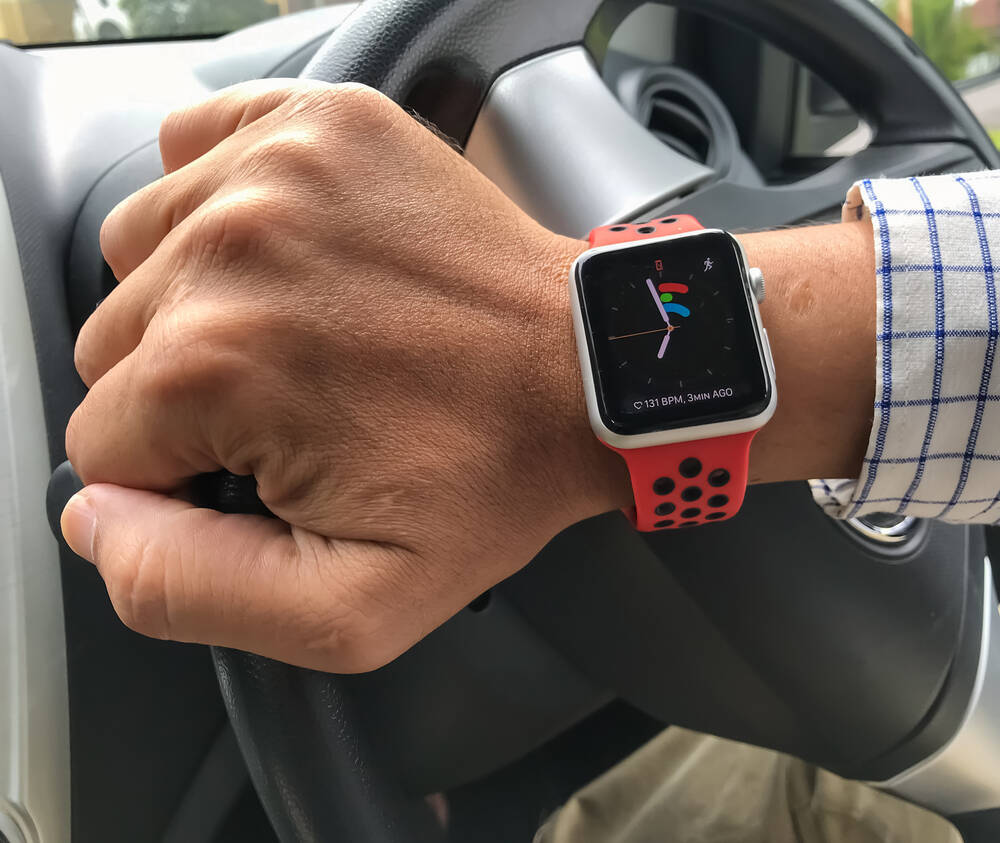


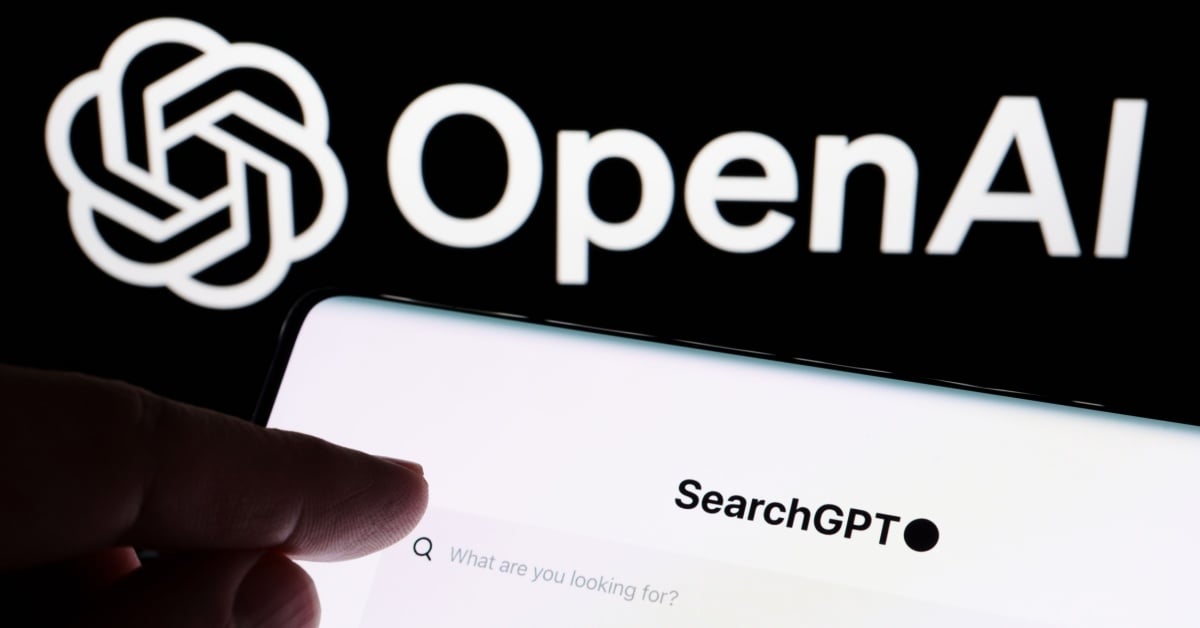



































![[The AI Show Episode 146]: Rise of “AI-First” Companies, AI Job Disruption, GPT-4o Update Gets Rolled Back, How Big Consulting Firms Use AI, and Meta AI App](https://www.marketingaiinstitute.com/hubfs/ep%20146%20cover.png)





















































































































































































































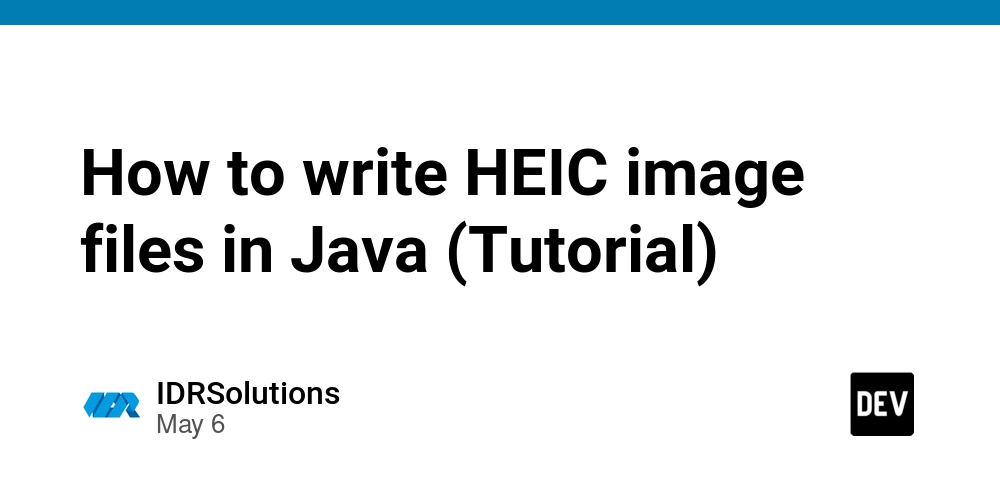














































































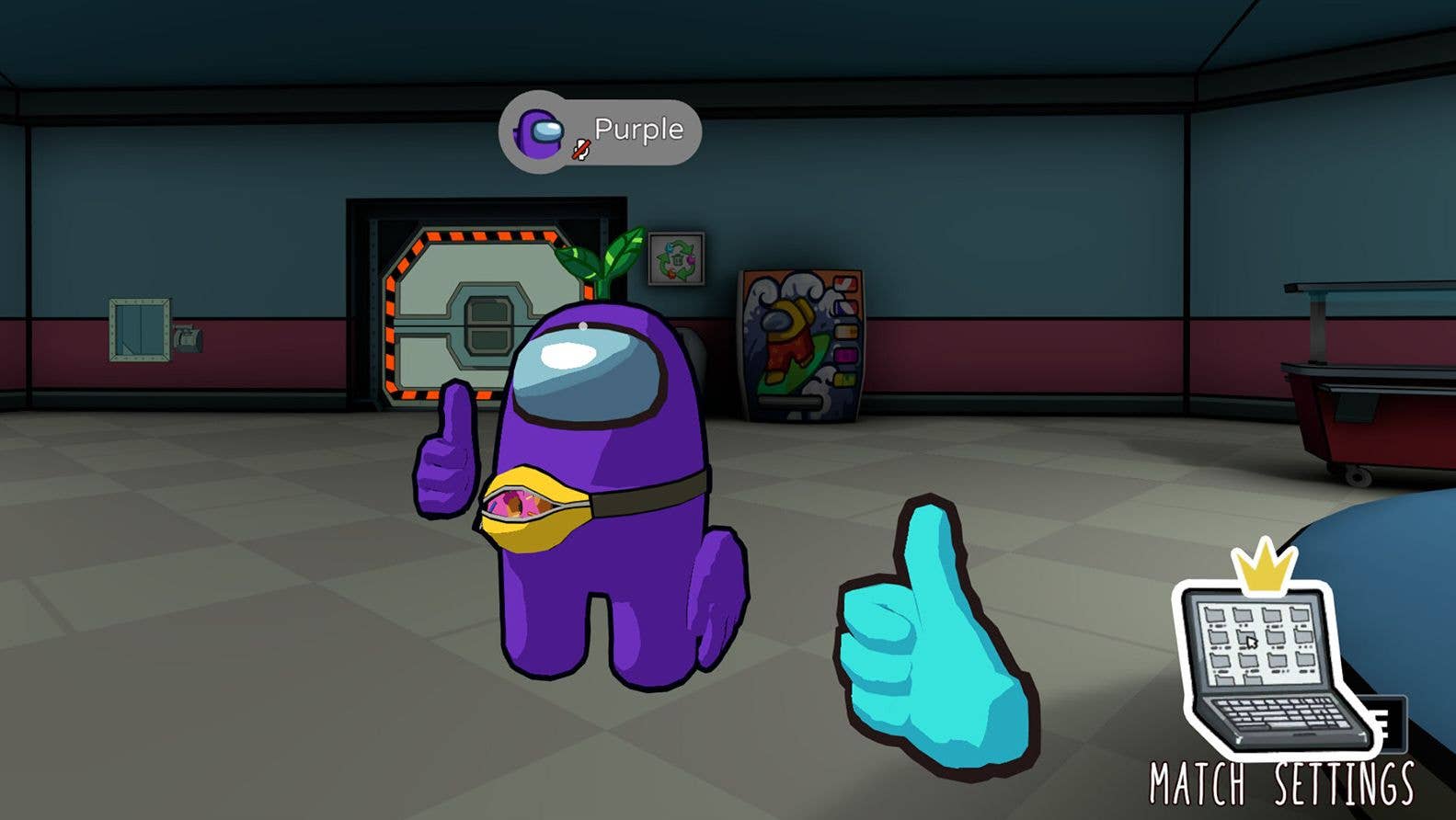













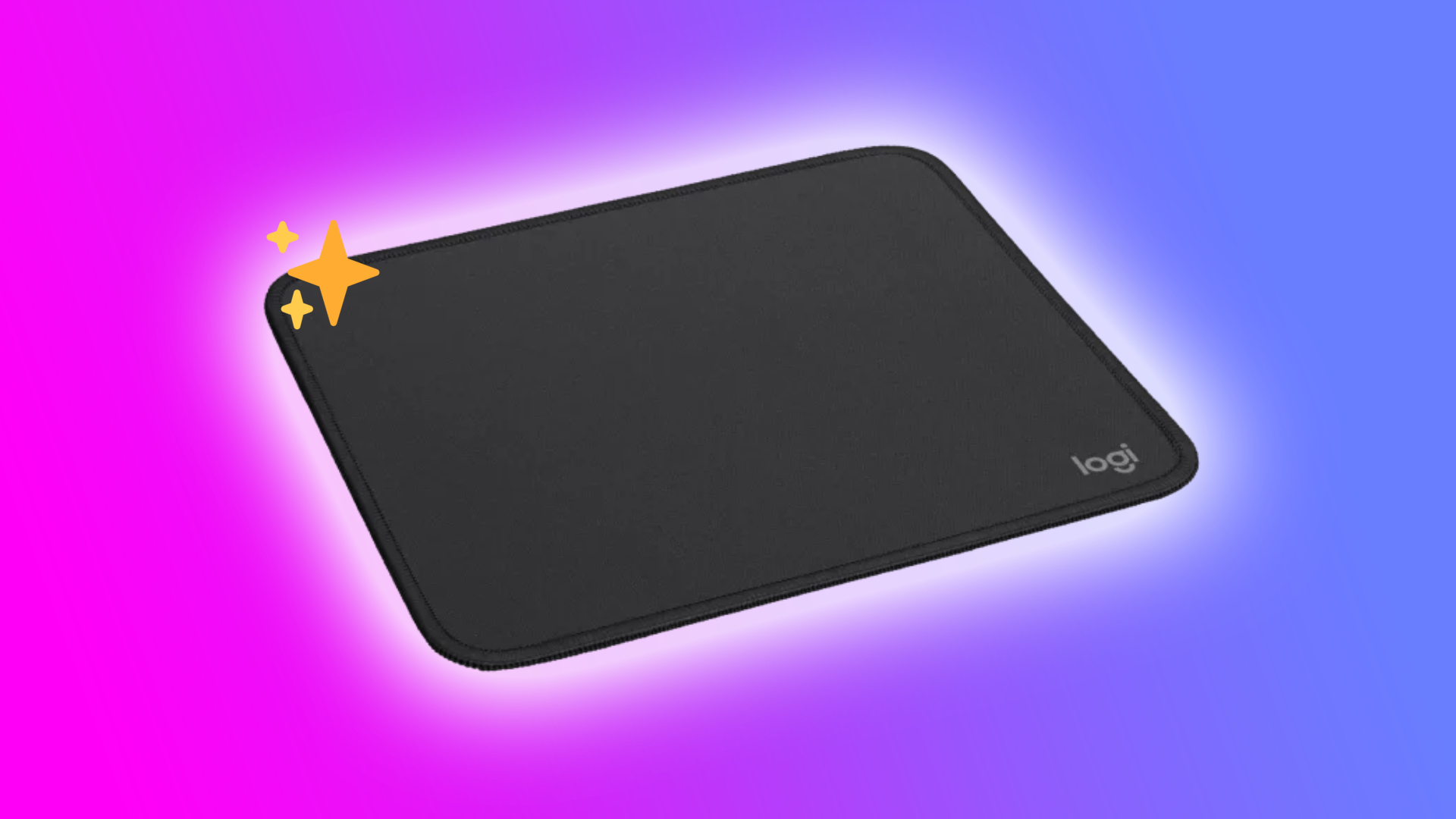





































































 Stolen 884,000 Credit Card Details on 13 Million Clicks from Users Worldwide.webp?#)


















































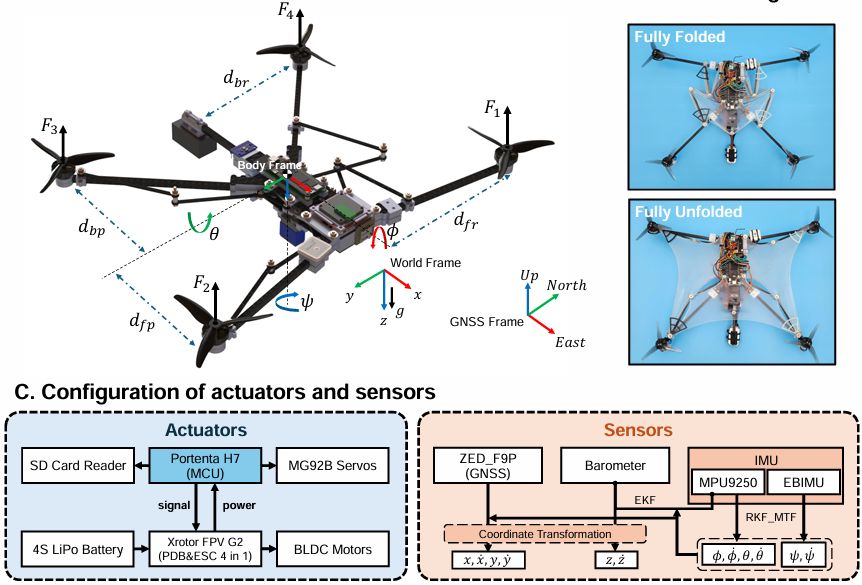
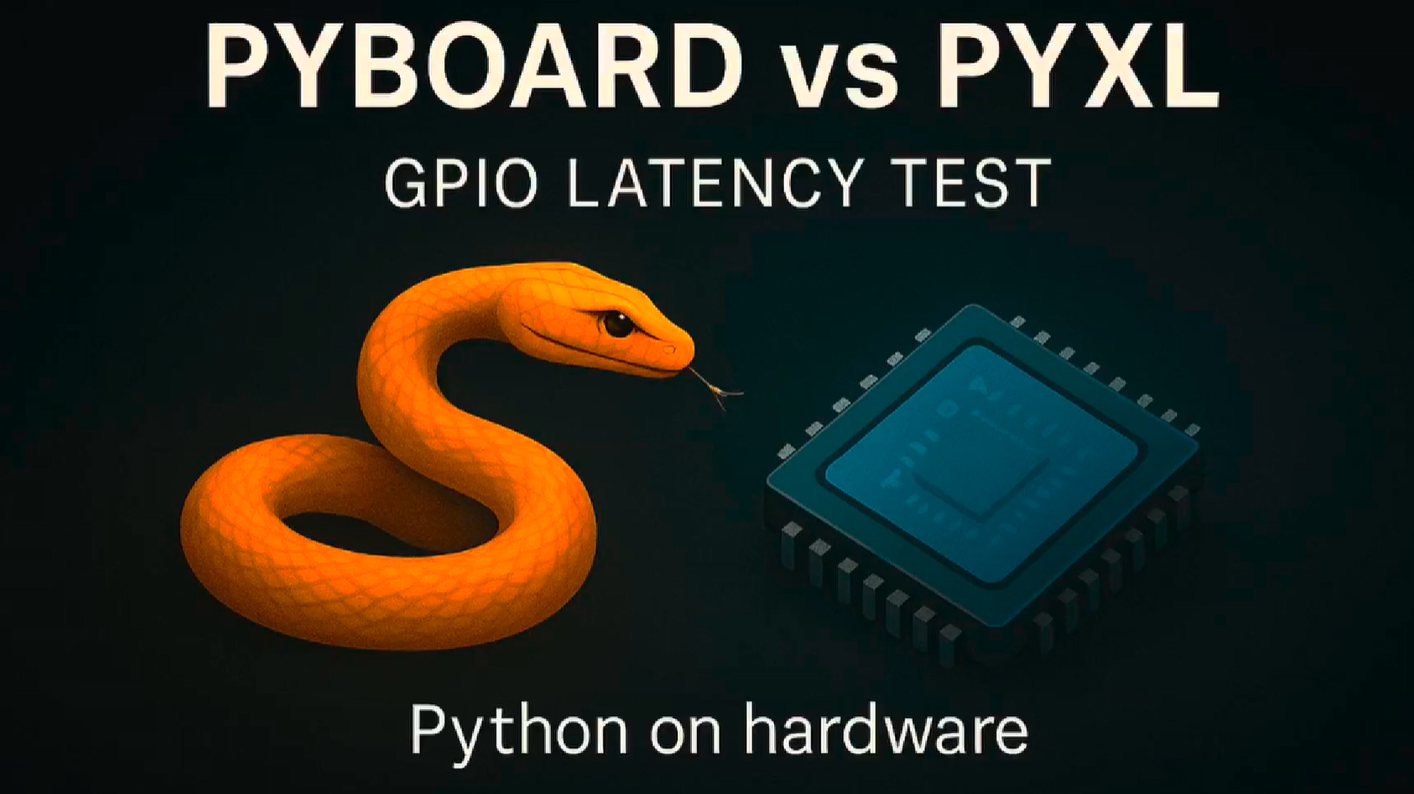
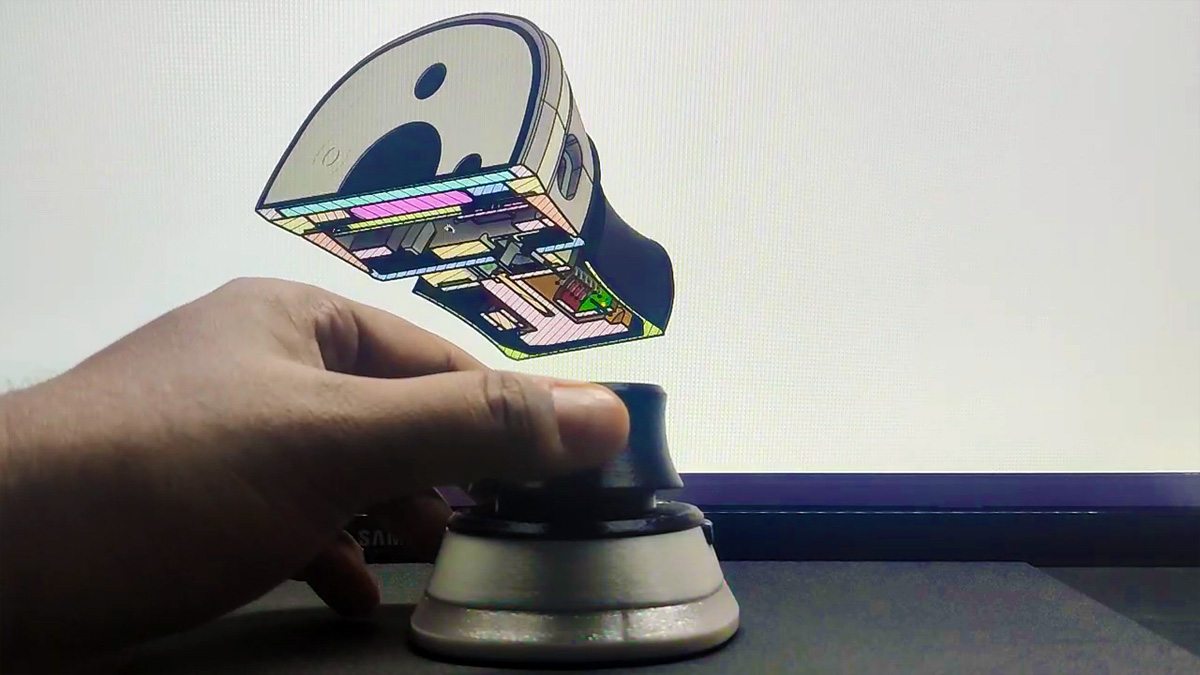
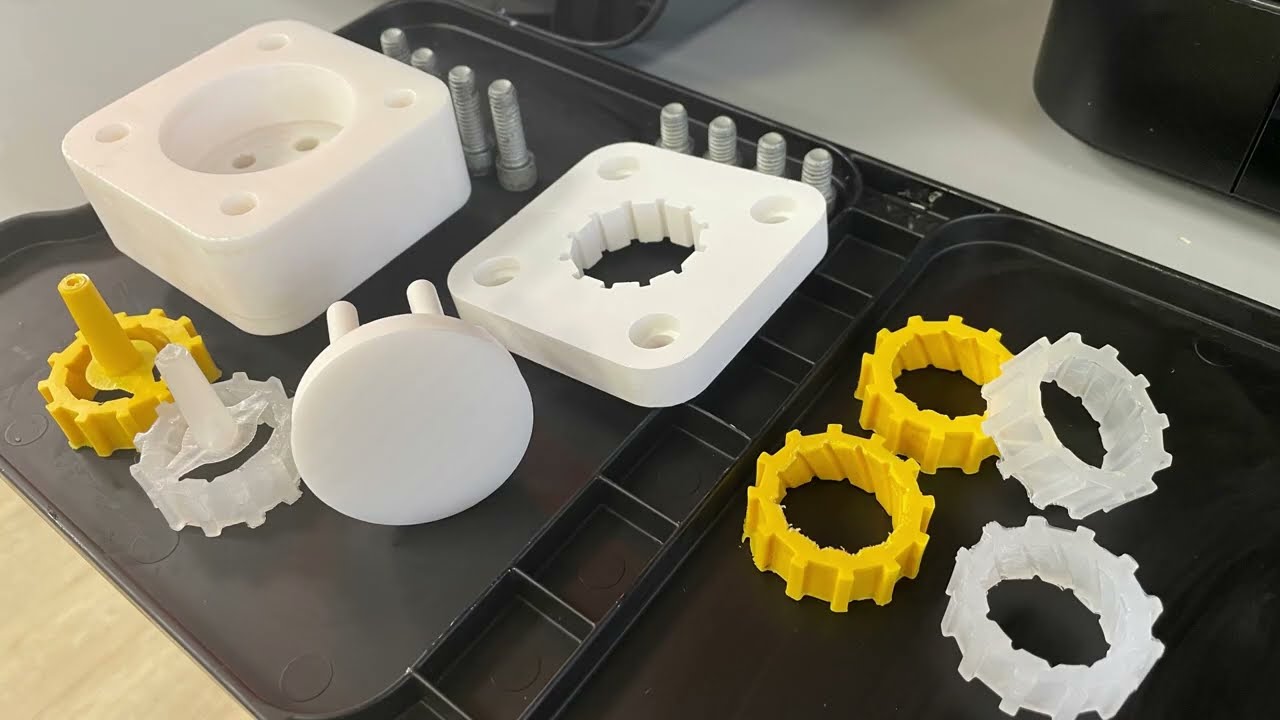
















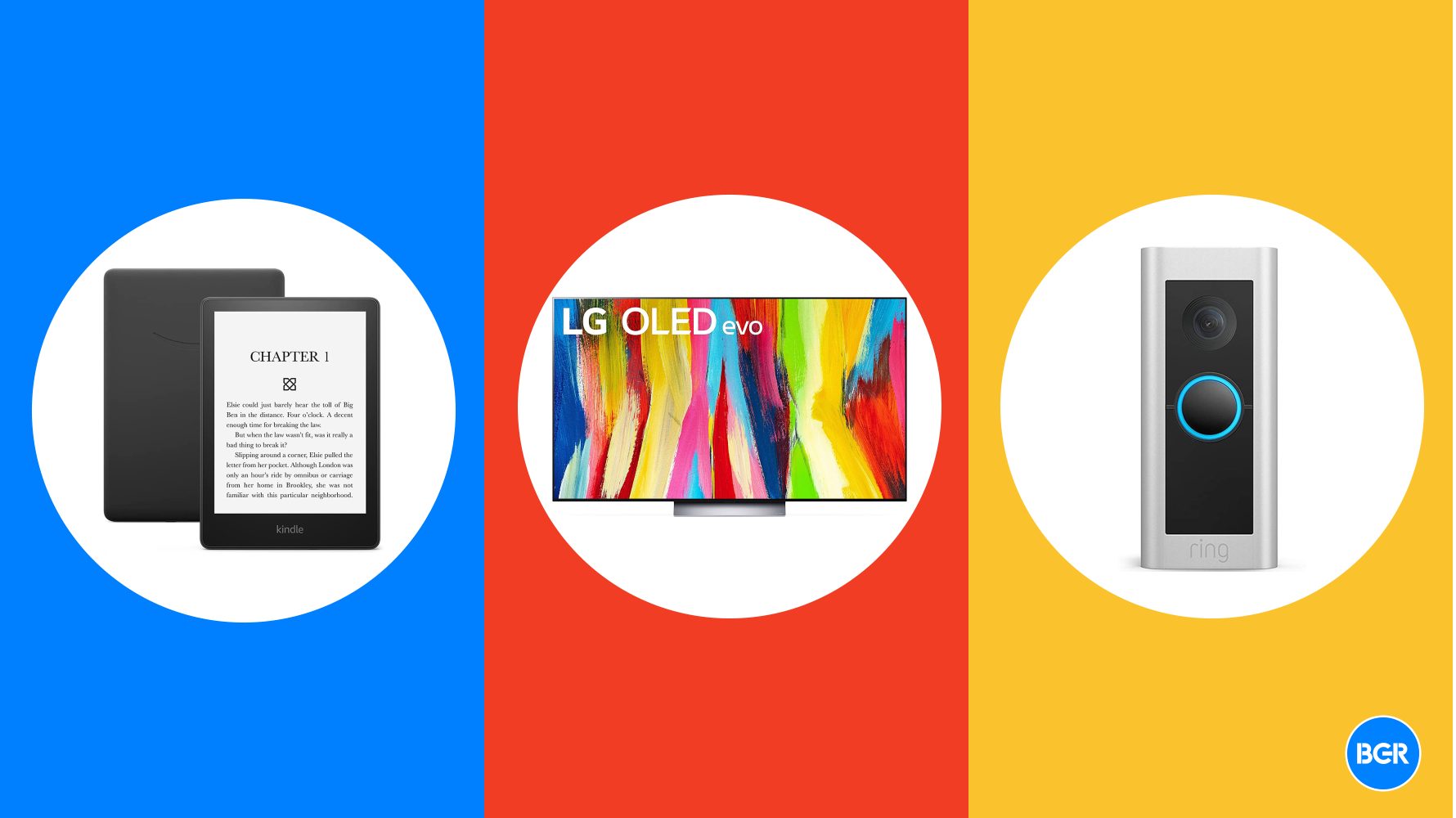

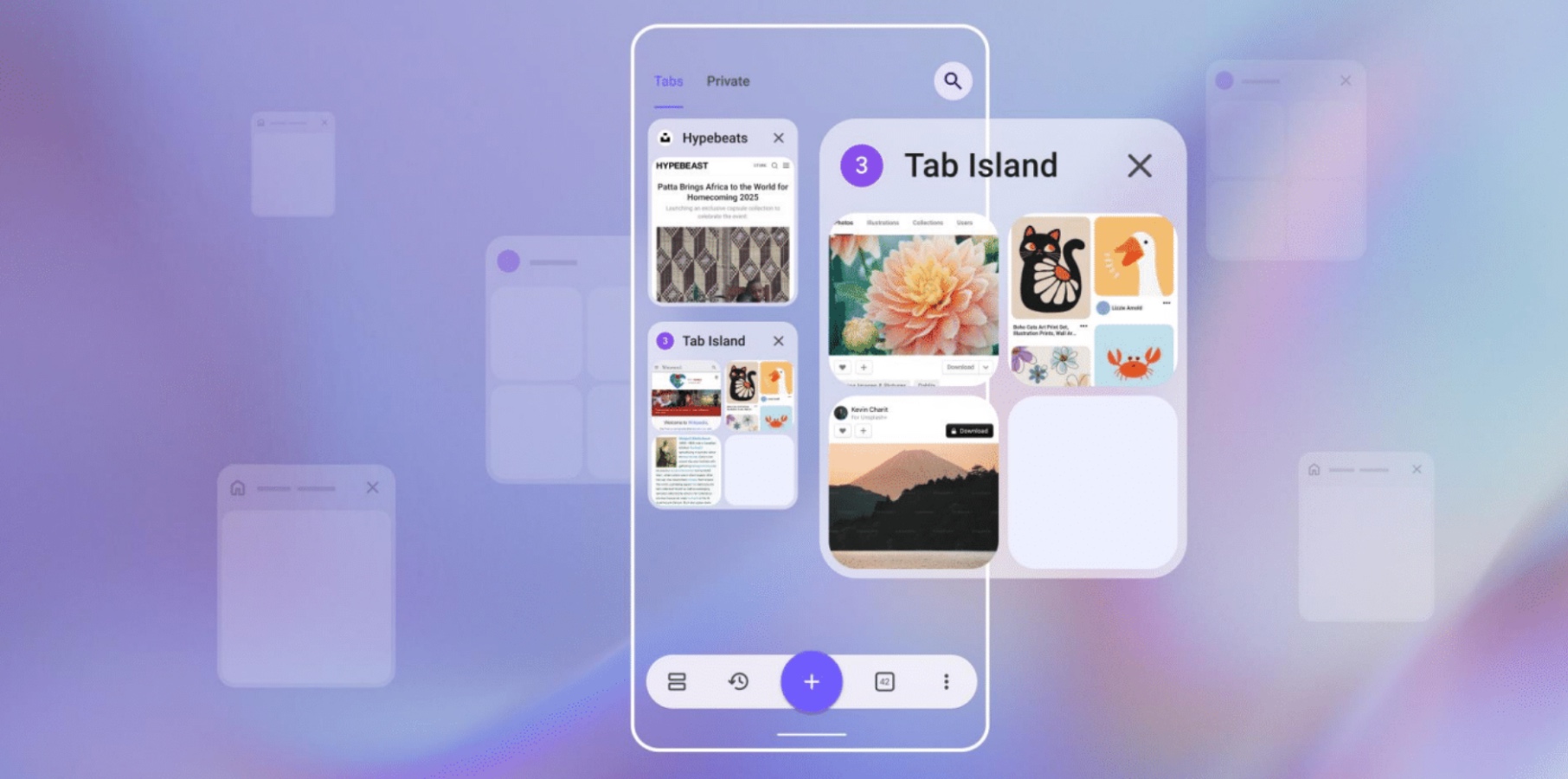




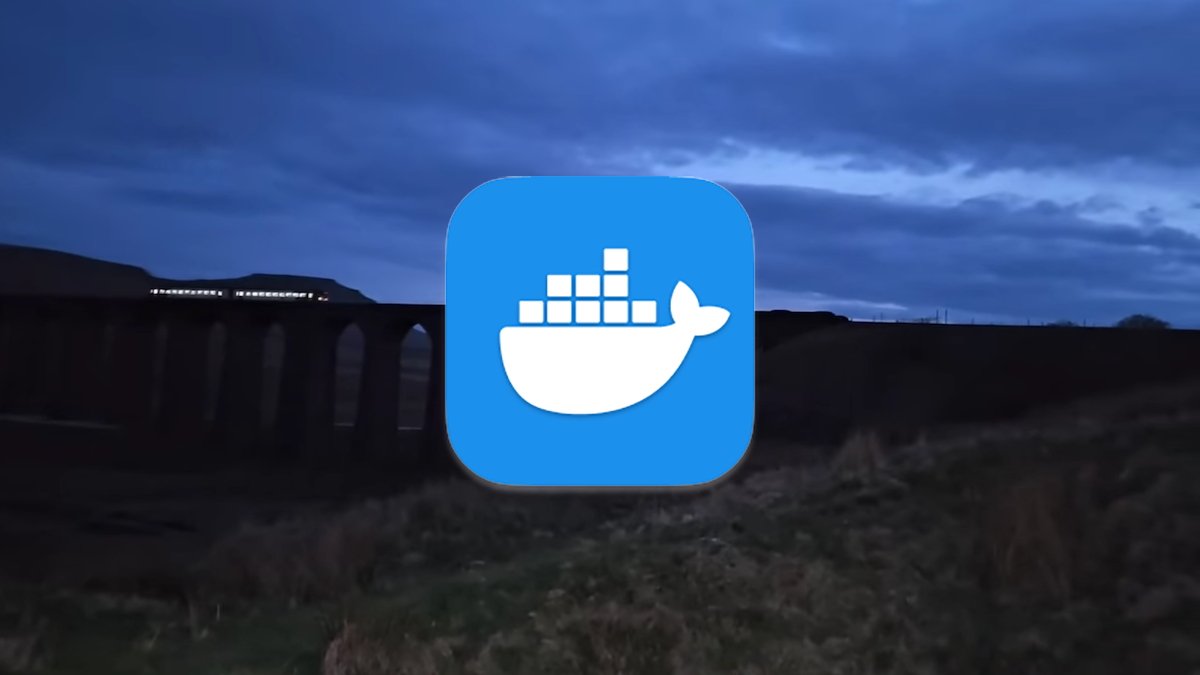

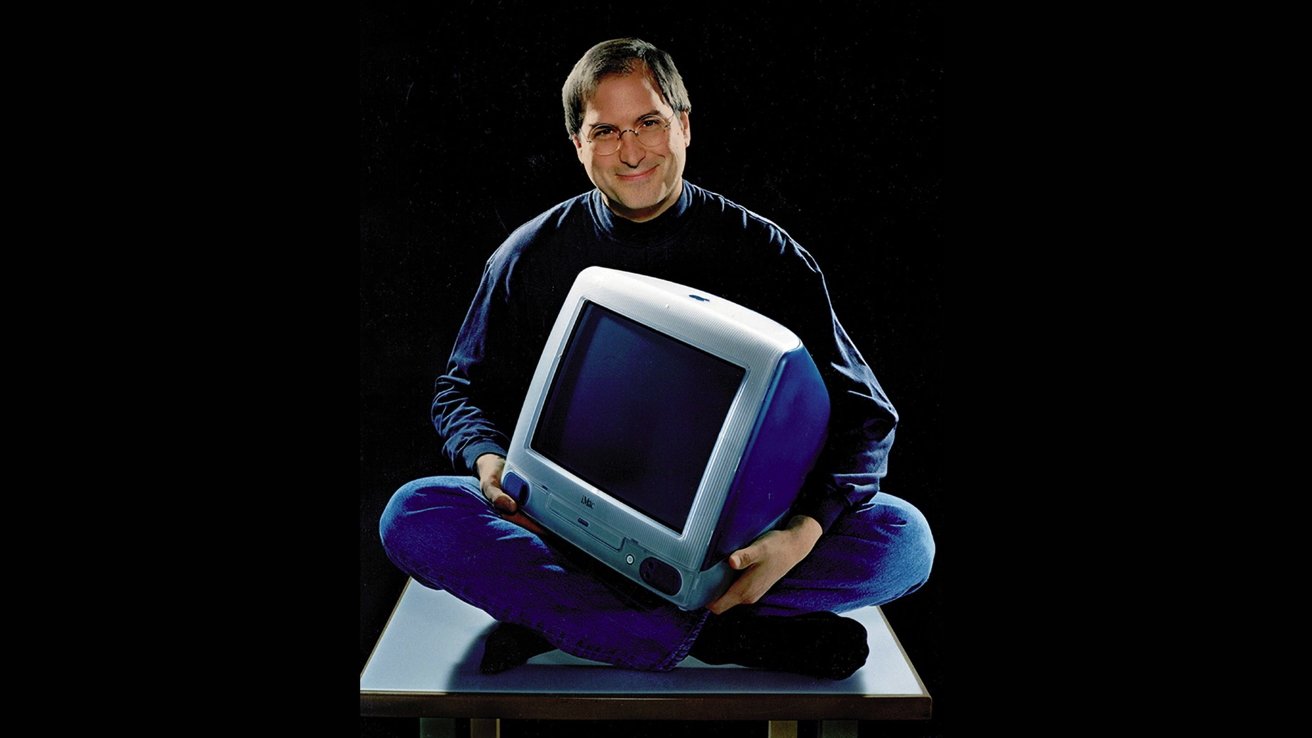

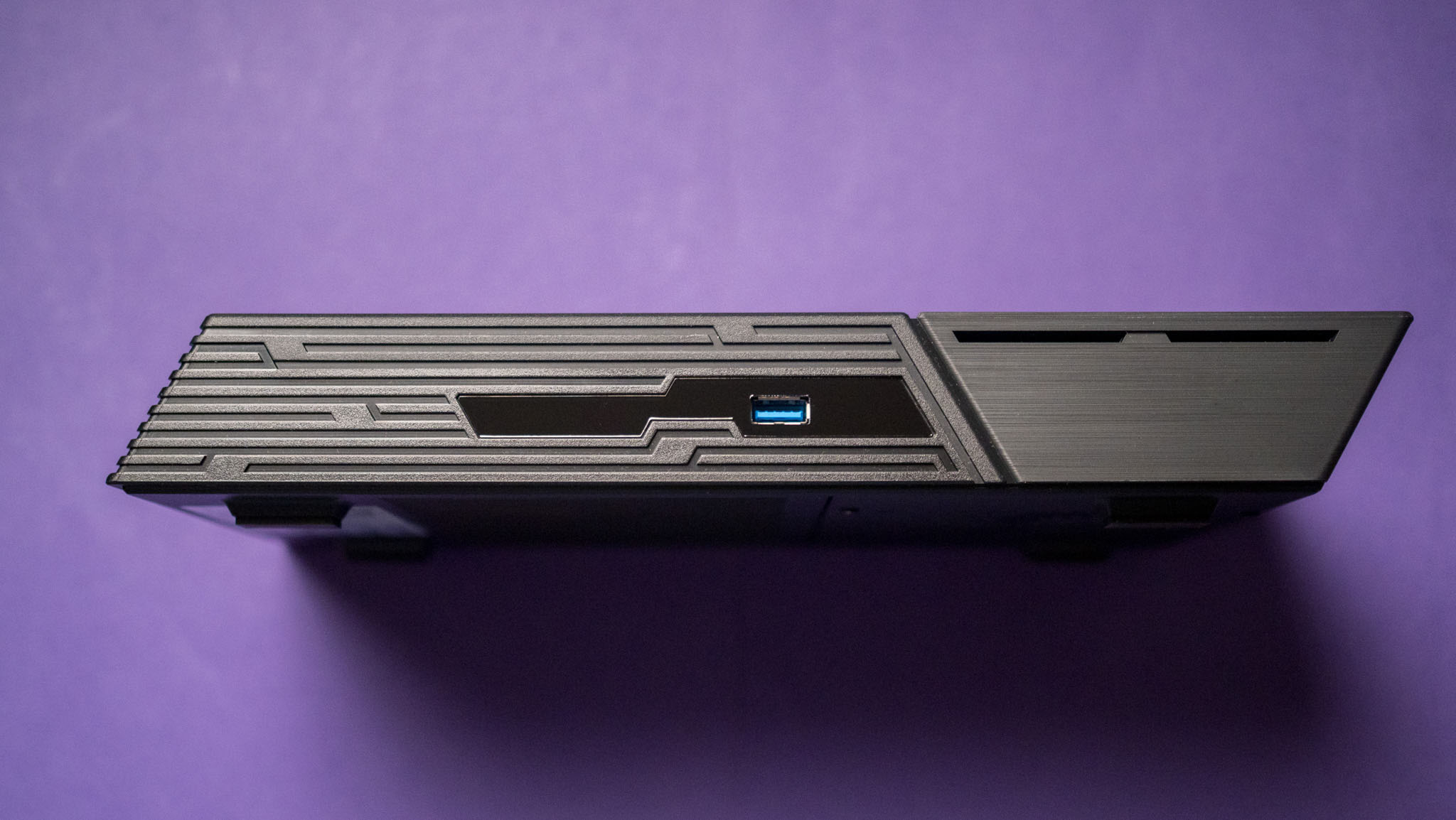

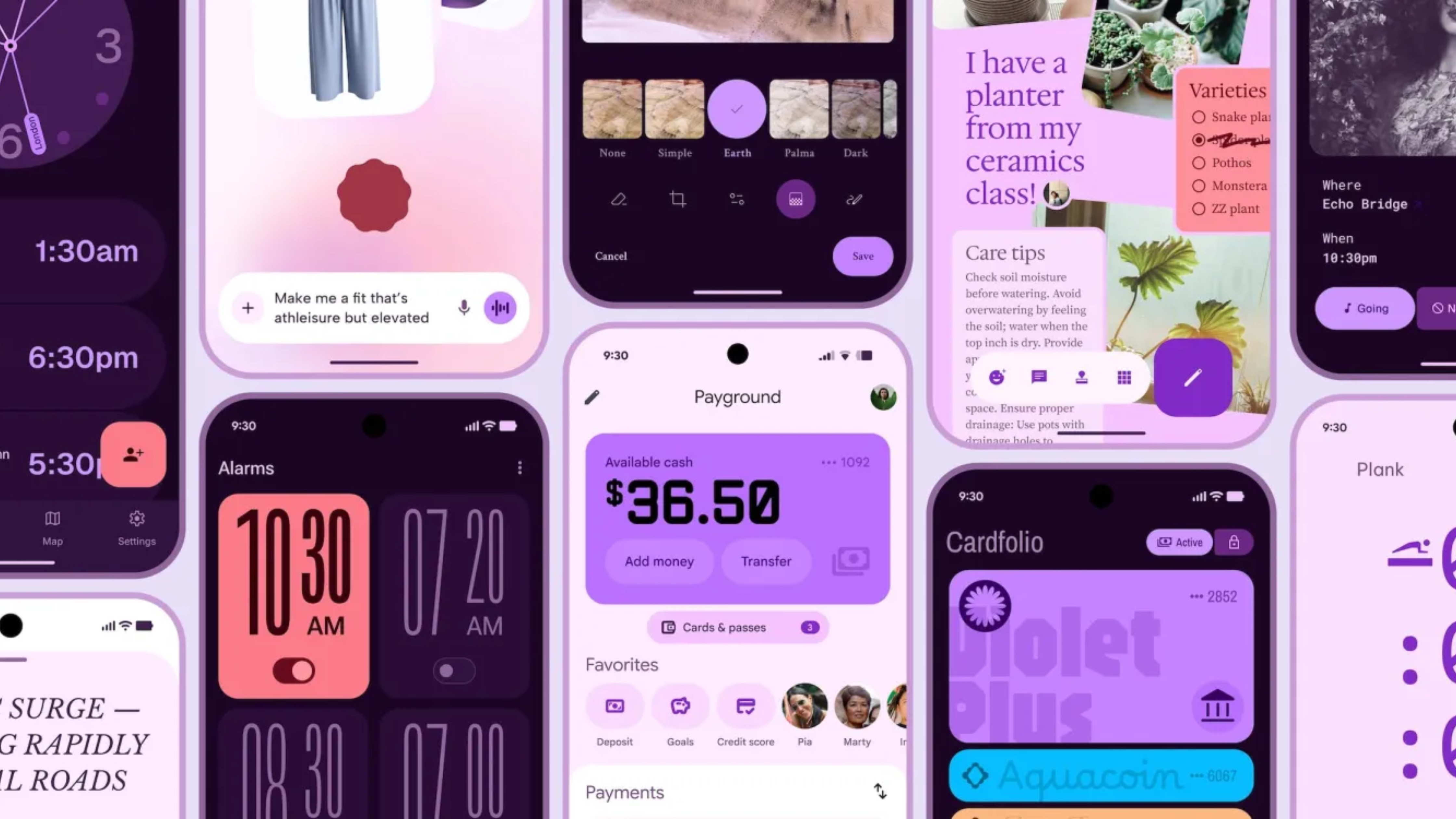


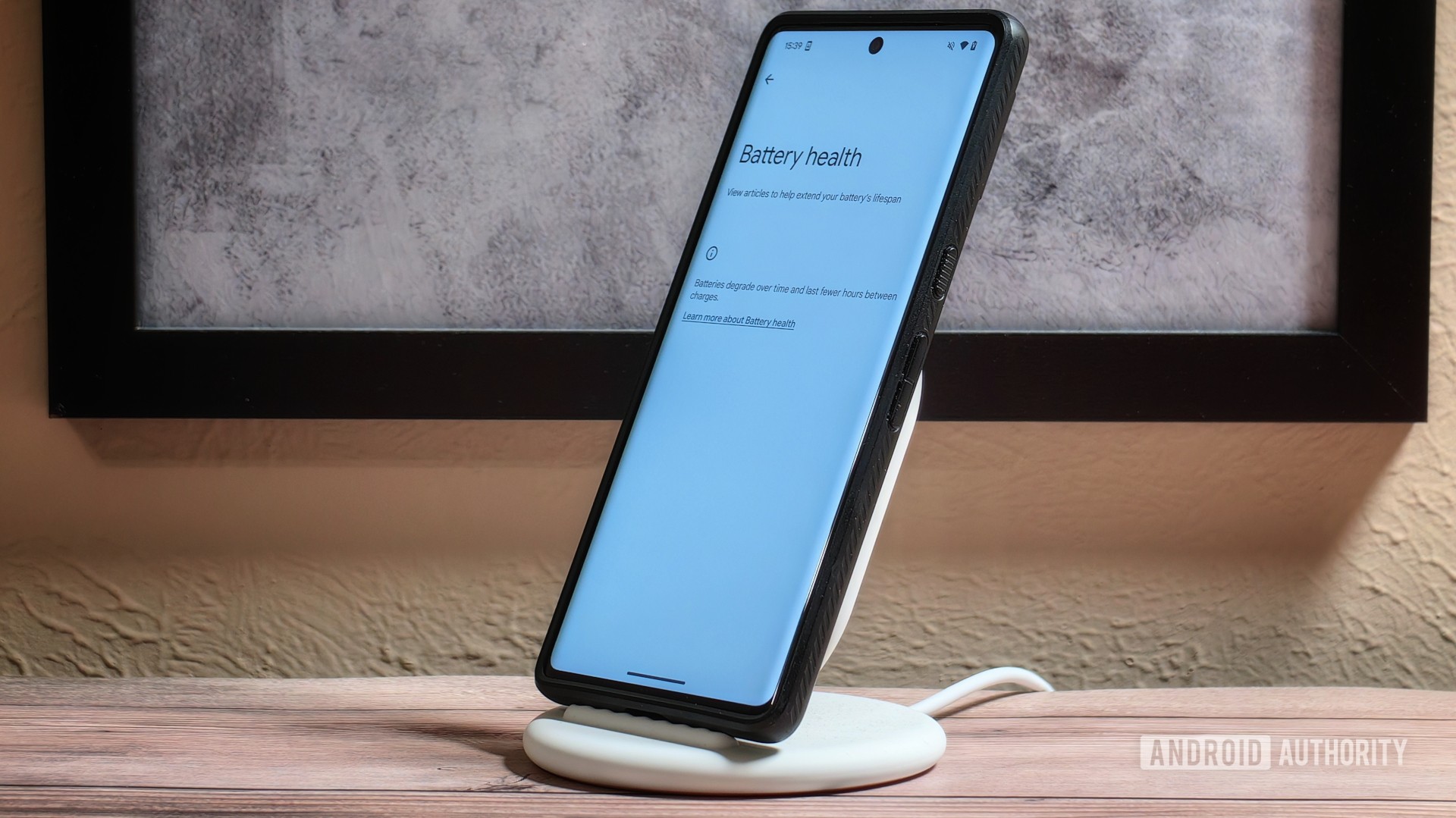

![Cringeworthy Google ad mocks the iPhone 17 design even before it launches [Video]](https://i0.wp.com/9to5mac.com/wp-content/uploads/sites/6/2025/05/Cringeworthy-Google-ad-mocks-the-iPhone-17-design-even-before-it-launches-Video.jpg?resize=1200%2C628&quality=82&strip=all&ssl=1)




![Chrome 136 tones down some Dynamic Color on Android [U]](https://i0.wp.com/9to5google.com/wp-content/uploads/sites/4/2023/03/google-chrome-logo-4.jpg?resize=1200%2C628&quality=82&strip=all&ssl=1)











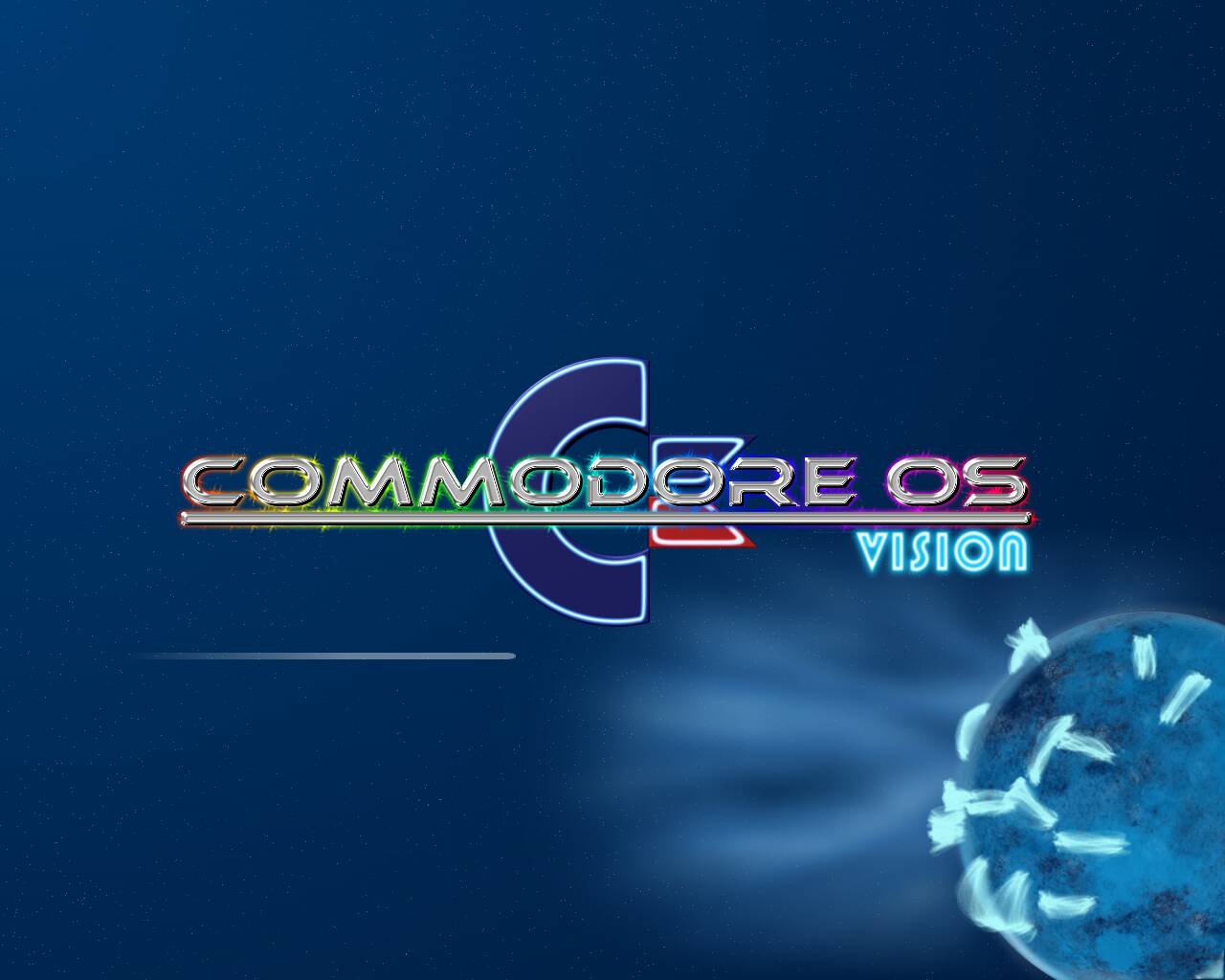


![Apple Shares Official Teaser for 'Highest 2 Lowest' Starring Denzel Washington [Video]](https://www.iclarified.com/images/news/97221/97221/97221-640.jpg)

![Under-Display Face ID Coming to iPhone 18 Pro and Pro Max [Rumor]](https://www.iclarified.com/images/news/97215/97215/97215-640.jpg)





















